How much water do we need to drink?
Every day we hear that the adequate water consumption for a human being is 8 glasses of water, or about 2 to 3 litres, per day. We are advised to drink water when we wake up in the morning and before we go to sleep at night, while for people who exercise the amount increases sharply to meet the needs arising from exercise. It moisturizes the skin and protects us from headaches, while it replenishes our energy, which helps us to perform better in any work we do. But are everyone's water needs the same? Does a man have the same needs as a woman or a child? Someone who lives in warmer climates than someone who lives in colder ones? What is the relationship between body weight, fat or lifestyle and the amount of water needed for our bodies to function properly? So how accurate is the generalisation about the required litres we need to consume?
The answer to this question is not easy. The generalisation of the required litres of water does not take into account the other fluids consumed, nor the fruits or vegetables that contain water, nor whether a person is a sedentary or active person, and many other factors. This is the result of a new study recently published in the journal Science. To do this, researchers analysed results from 5,600 people aged between 8 days and 96 years in 26 countries, from all social and professional backgrounds. In order to determine the amount of water lost and replaced by the participants, was used water with tracers that facilitate the tracking of carbon dioxide production by the body. They found that a person's daily water cycle is largely determined by the size of their body and their level of body fat, which contains less water than muscles and other organs. The more lean mass a person has, the more water he or she needs. Since men tend to have larger bodies and less body fat than women, they generally need more water per day. Research has also shown that how much water we need changes throughout life. In general, water needs peaked between the ages of 20 and 50 and then decreased along with a slowing metabolism.
Two other important factors that were shown to affect the amount of water required are the climate of the area where one lives and whether one is a sedentary person. People who live in warmer climates and are more physically active also need larger amounts of water. This study even found that people from less developed regions of the world have higher water needs than people from developed countries. This is probably because if someone is in a poorer country, they are likely to work outside every day and have less access to climate control. Furthermore, people in poorer countries often do jobs that require more physical activity.
So how much water should we drink? The answer is very simple, our body knows how much it needs. All we have to do is to listen to its needs, drink water before we get very thirsty and make sure we stay hydrated even through the consumption of fruits, vegetables and water-rich drinks, avoiding sugary drinks that can also cause metabolic problems. To get the maximum results we need to make sure that the water we drink or wash our food in, is clean and free of soil, rust, silt and of course chlorine and other compounds if present in the water. So for optimum water quality, use Aquarius filters!

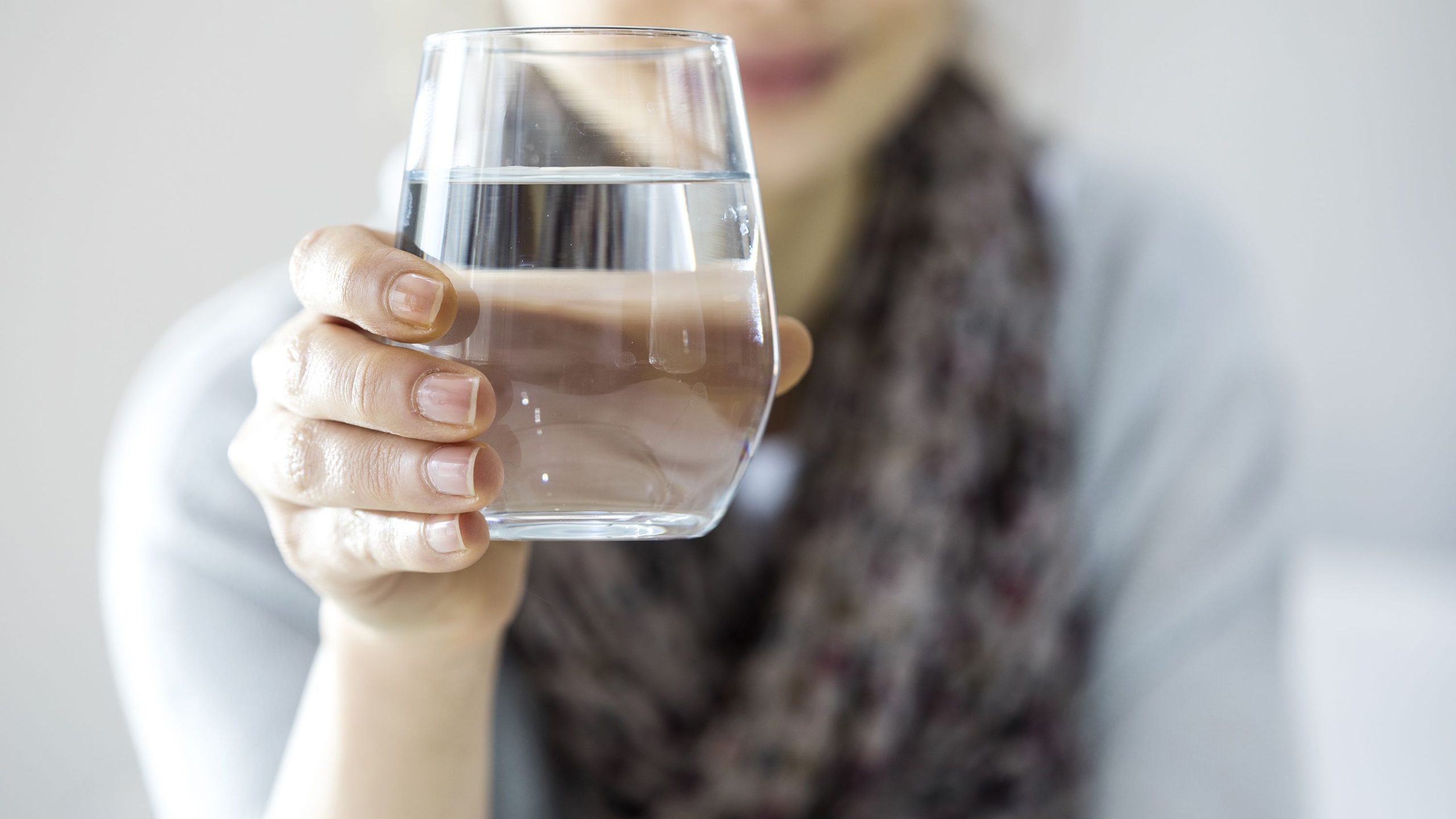
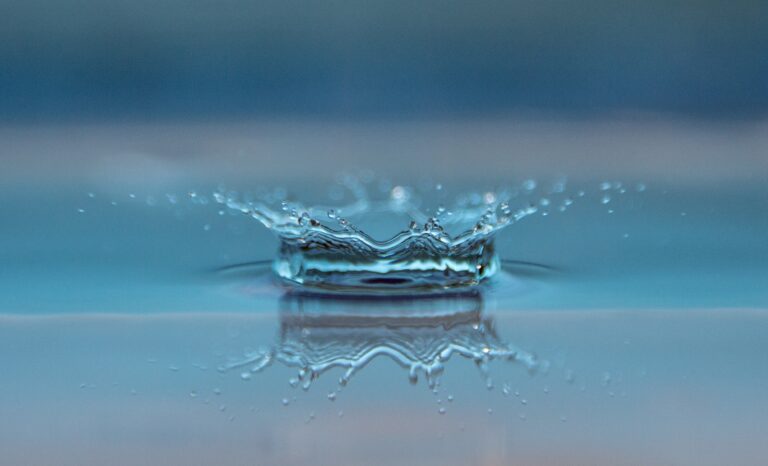
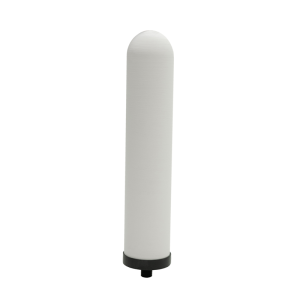 Replacement Cartridge Aquarius K5 with Softening Resin (Limescale)
Replacement Cartridge Aquarius K5 with Softening Resin (Limescale) 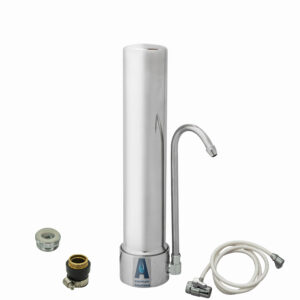 Φίλτρο Aquarius Α5 Άνω & Κάτω Πάγκου
Φίλτρο Aquarius Α5 Άνω & Κάτω Πάγκου 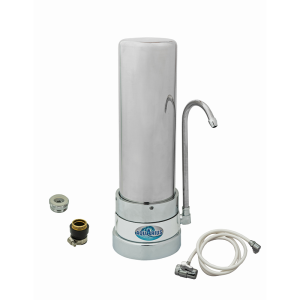 Aquarius A8 Countertop Water Filter
Aquarius A8 Countertop Water Filter